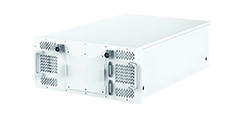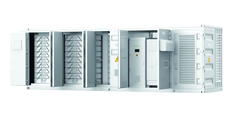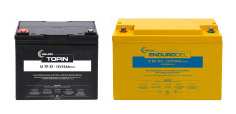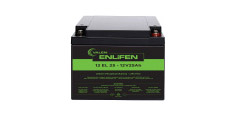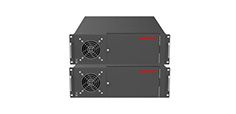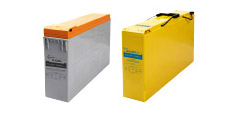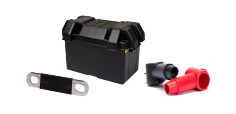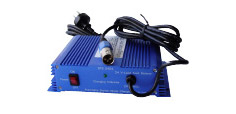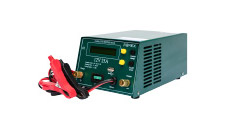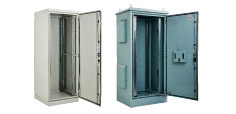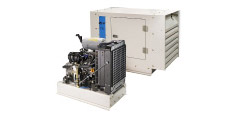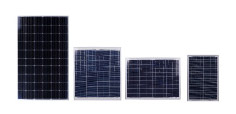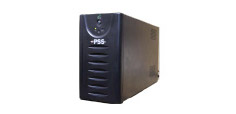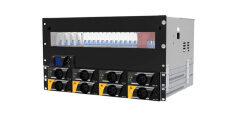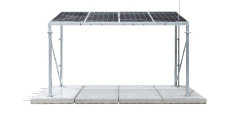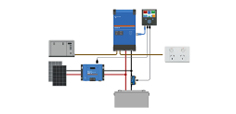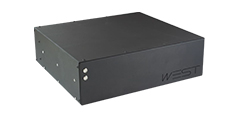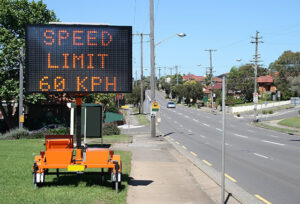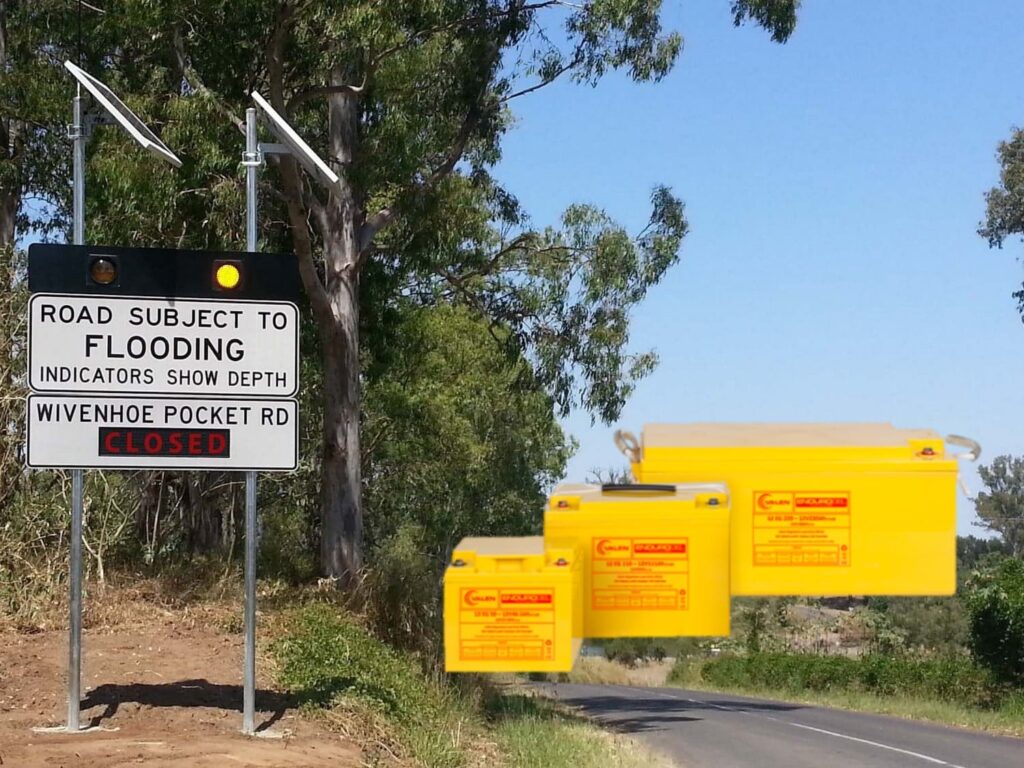Why cyclic batteries are essential for solar-powered road signs. In this blog post, the experts at Valen explain the importance of using cyclic batteries in solar-powered road signs as well as the advantages of certain battery types.
Deciding on the right type of industrial battery to use in a solar-powered road sign, such as a variable message board, radar/speed sign, or weather warning sign, is crucial to ensuring the sign always remains functional.
How do cyclic batteries work?
A cyclic battery is designed to provide a continuous current slowly over a period of time and then be recharged before starting the cycle again.
This is in contrast to flooded wet cell batteries, which are commonly used in cars and trucks. They are designed to provide high levels of current in a quick “burst” over a much shorter period of time.
Cyclic batteries can charge and discharge all day, every day, using most of their capacity.
Cyclic batteries for solar-powered road signs
Gel batteries are a type of cyclic battery which have the ability to recover from deep discharges and cyclic abuse; in this case, it hasn’t been too extreme and damaged the battery. This means they are ideal for use in solar signs, where you may experience bad weather resulting in the battery not receiving any of its daily charge from the solar.
A Gel battery can be run down to a low state of charge and still recover when the solar returns; because of their design and cyclic ability, Gel batteries are better suited for use in solar signs compared to AGM batteries on the market. AGM batteries can often be called “deep cycle batteries” as a marketing pitch but are not really recommended for solar signs or cyclic applications.
Benefits of cyclic batteries in solar-powered road signs
When the sun is out and shining on a road sign solar panel, a cyclic battery will begin to charge. When the sun goes down at night, or there’s heavy cloud cover, the battery will discharge and supply the power load for the sign. Therefore, the battery is cycling each and every day. Charging during the day from the solar and discharging at night as it supplies the load.

What type of cyclic battery is best for a solar-powered road sign?
There are two types of battery technology most suited to cyclic use. As explained above, Gel batteries are a type of cyclic battery, as are Lithium Iron Phosphate batteries. Each type of battery has its own advantages and disadvantages, which are outlined below.
Gel Batteries
A Gel battery is a type of Valve Regulated Lead Acid (VRLA) battery. The electrolyte in a Gel battery is “immobilised” in a Gel microporous polyethylene separator shaped like the inside of corrugated cardboard. Also known as a thixotropic GEL battery. Gel batteries are widely used in solar-powered systems because they have been specifically designed to handle heavy cycling.
Advantages of Gel Batteries:
- Ability to cycle continuously
- Strong recovery from over-discharge
- High cycle life
- Ability to sustain periods at a low state of charge without sulphating
Disadvantages of Gel Batteries:
- Smart chargers must be used
- They don’t have a low voltage disconnect like the BMS in Lithium batteries preventing them from deep discharges
- Heavier weight compared to Lithium
Lithium Phosphate (LiFe PO4) Batteries
Lithium phosphate batteries have some significant advantages over the Gel battery range when being used for cyclic applications.
With a greater cycle life to a greater depth of discharge, the lithium phosphate batteries have more useable power than the Gel batteries.
They’re double the energy density which means they’re half the weight. Lithium batteries are often used in applications where weight is an issue and equipment will be exposed to high operating temperatures, making them ideal for use in solar road signs.
Advantages of Lithium Batteries:
- Internal Battery Management System prevents deep discharges with low voltage disconnect
- Lowest cost per cycle
- Superior lifecycle – 6 to 10 times longer than other lead-acid batteries
- 50% lighter
- Higher energy density meaning more power in the same case size as the GEL batteries
- Spill/leak-proof – no liquid or acid
- Ability to operate in high temperatures
Disadvantages of Lithium Batteries:
- Highest initial outlay cost
- Require LiFe PO4 battery chargers
- Can be installed in parallel but not series
So which battery type is better?
Ultimately, the unique operating conditions and project scope for a road sign needs to be considered as a whole to determine which specific battery type will be right for the project. When reviewing the budget of a road sign, its recommended to consider the initial cost as well as the ongoing service and maintenance costs.
Although Gel batteries may be initially cheaper, one maintenance call out to a remote sign may cost more than the savings if you decide to use a Lithium battery. Along with this, installing batteries at heights in the back of road signs can pose WH&S risks, which need to be kept in mind.
The choice of battery technology and configuration of batteries should be well thought through, taking in mind service and maintenance and end-of-life battery replacements.
Need advice on choosing the right battery for your solar-powered road sign? Just ask Valen!
We’re industry leaders in energy storage systems and have extensive experience in the road signs industry. If you have a current or upcoming road signs project, speak to us today. We can provide assistance with your battery needs as well as system design so you can make that final decision with confidence.
Simply click here to get in touch.



